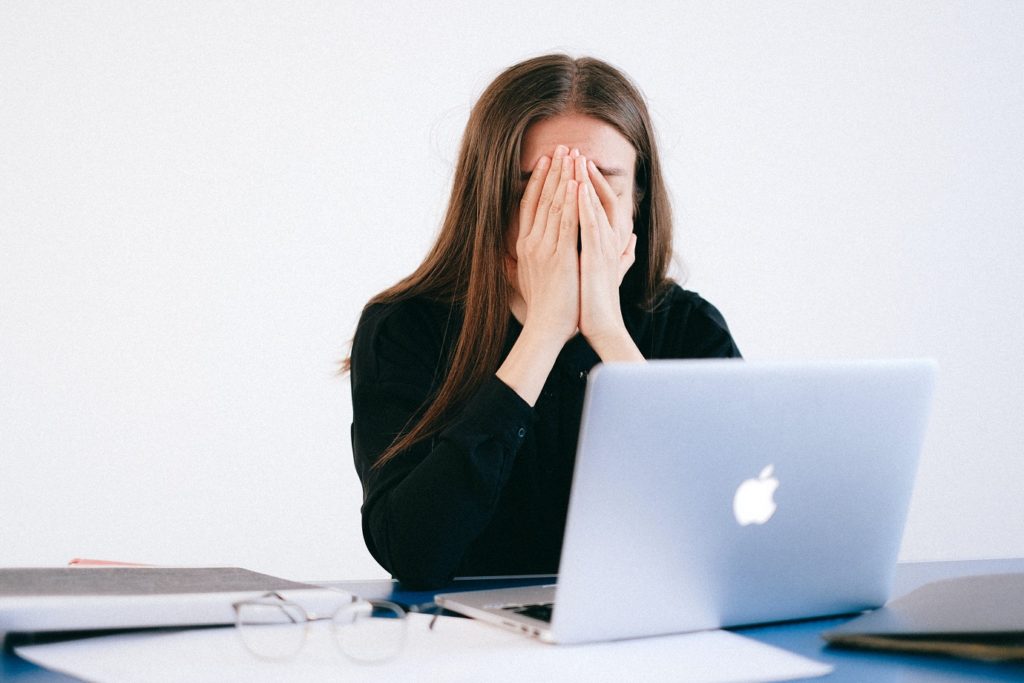Mental health experts have repeatedly warned of a “shadow pandemic” of mental health disorders, as new data from shows this to be especially true for young women.
The National Survey of Mental Health and Wellbeing provides a country-wide snapshot of the prevalence and impact of mental health conditions in the community.
Conducted by the Australian Bureau of Statistics (ABS), it’s the first of its kind in 15 years and shows that mental health disorders have surged among Australia’s youth, with young women having the highest rates.
The ABS found that nearly two in five people aged 16 to 24 had a mental disorder in 2020-21 and for females specifically, it was one in four (24.6 per cent). Findings also showed that women experienced higher rates of anxiety disorders than men at 21 per cent compared to 12.4 per cent.
Almost half of Australians identifying as LGBTQI+ had also experienced symptoms of a mental health disorder in 2020-2021.
Dr Ruth Vine, the federal government’s deputy chief medical officer for mental health, says that the levels of distress in young people, especially anxiety, was “puzzling people around the world”, and that it pre-dated Covid. She cited social media as a concern for young people but said that global concerns were also a factor.
The Covid-19 crisis had large effects on collective health with one in five Australians reporting a mental health disorder during the first two years of the pandemic, including 3.3 million people with anxiety disorders.
Speaking to the higher rates of mental health disorders among women and their correlation to the effects of Covid-19, Chief executive of the Australian Psychological Society, Dr Zena Burgess, says, “Typically women are more likely to have additional stress on top of the pandemic, such as more housework, poverty, job insecurity, sexual abuse and family violence.”
“The combination of these factors makes it far more likely that women disproportionately suffer from anxiety and mental health disorders than men.”
While women of all ages were at higher risk for all mental illness – other than substance abuse – compared to men, the survey also found that women were more likely to seek help for their mental health, with 55 per cent reporting they see a mental health professional.
The ability to seek professional help is imperative to mending this mental health crisis and Assistant Minister for Mental Health and Suicide Prevention, Emma McBride, says that demand for mental health support has surged to record levels across the country.
“The Albanese government is working to deliver a range of mental health support measures including a $200 million student wellbeing boost to help school kids bounce back from the pandemic,” says McBride.
“We have also delivered $44 million to improve headspace interventions across Australia so young people can get the care they need when they need it.”
Surveys, such as the National Survey of Mental Health and Wellbeing, are also important resources for supporting mental health as they provide data that enables government and other health providers to plan and coordinate better health services.
This initial survey is only the first phase as part of a larger multi-year national intergenerational health survey conducted by ABS. Once it’s finished, the mental health study will be the largest ever in Australia.
Amongst all these concerning statistics and the search for solutions, Suicide Prevention Australia chief executive, Nieves Murray, put out an empathetic reminder saying, “It’s important to remember that every statistic represents a life lost or an individual in distress that has a cascading impact among families, friends, colleagues and community groups.”


